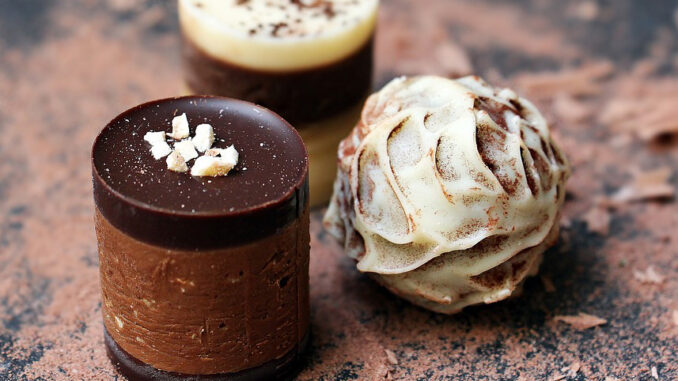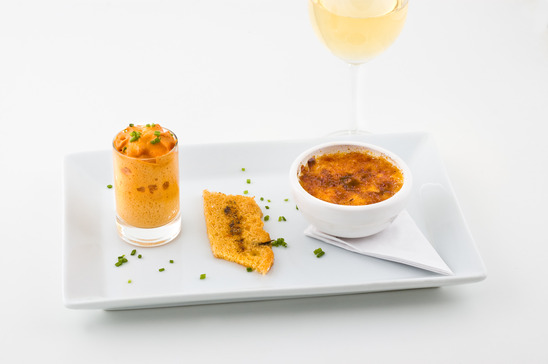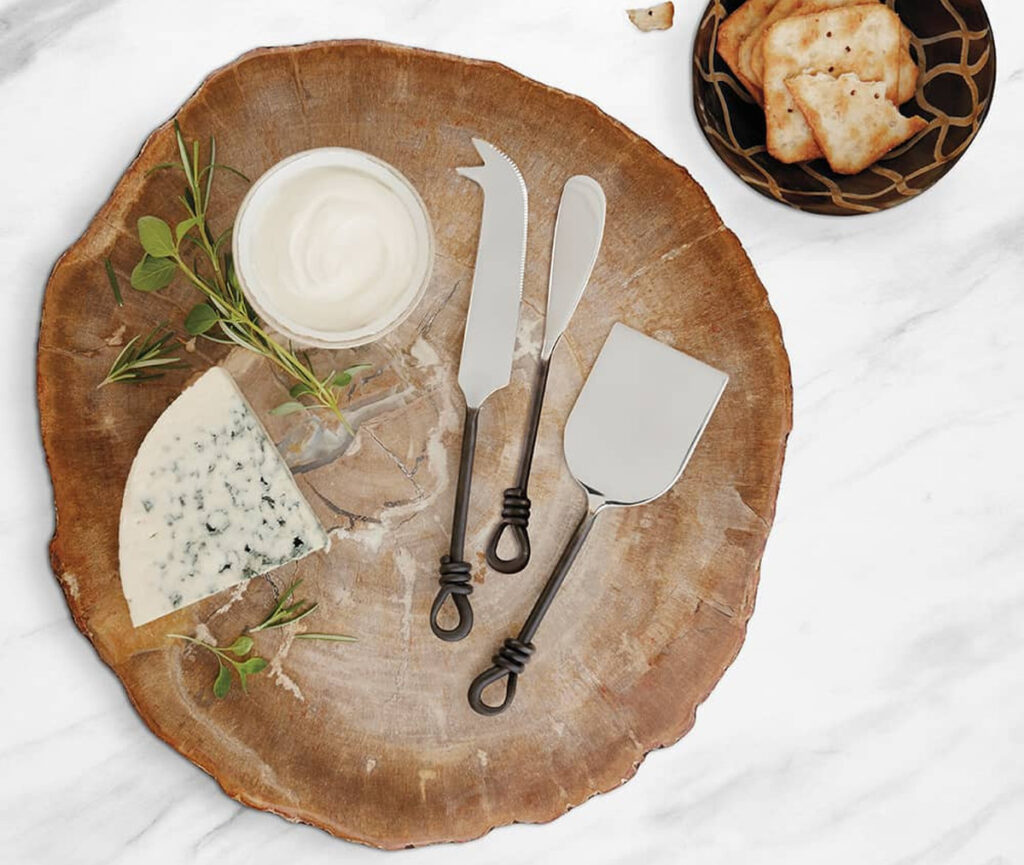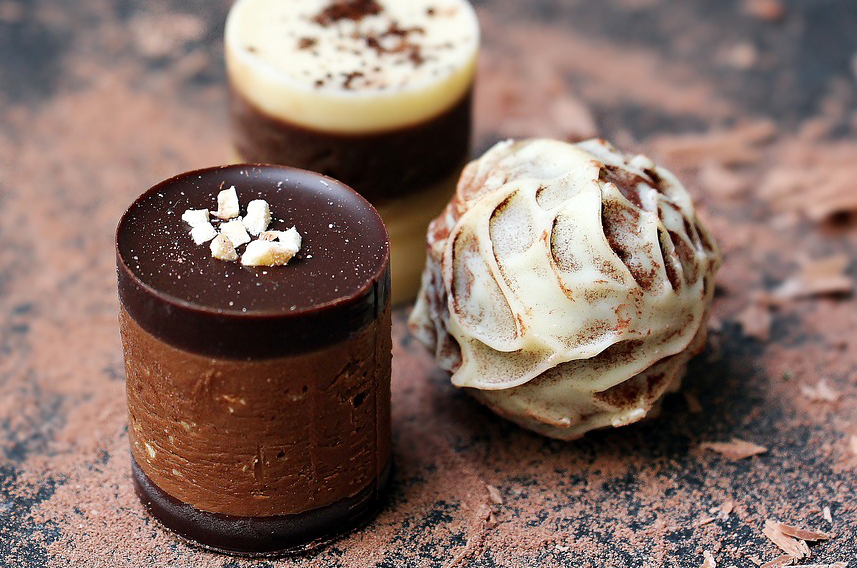

1. Crème brûlée: A sweet treat
Crème brûlée is a classic favorite. It works well for dinner parties because you can easily customize it depending on what fresh ingredients you have on hand.
Keep in mind that crème brûlée is a gentle dessert — you don’t want to pair it with a bold wine or you’ll lose that slight bitterness of the caramelized crust when it’s contrasted with the creamy base. Don’t forget your crème brûlée torch to make that perfect brûlée top, the mark of a true kitchen pro.
Wine to serve: I have two specific varietals I love to serve with crème brûlée: Muscat and Gewürztraminer.
The aromatic Muscat is actually used to produce another great dessert wine, sherry, but it stands on its own. The Gewürztraminer also has a wonderful aroma and often a gentle hint of fizz, perfect for aiding in digestion. If your refrigerator runs cold, be sure to open these wines and let them sit out for about 20 minutes before serving to allow their aromas to blossom.
2. Ice wine: A dessert on its own
Ice wine is made by processing the grapes after first frost, introducing ice crystals into the structure of the frozen grape and shrinking it to concentrate sugars and flavor. Ice wines are a bit of a specialty item — most wineries don’t make them because they require a herculean effort to process, with very little resulting wine; this is why the price per bottle is higher.
Ice wine is very sweet, so serve it with something to cut the sugar: figs, roasted almonds or a piece of 75 percent cacao chocolate.
Wine to serve: The first ice wines were made in Germany (eiswine) and they are some of the most robust. Yet I think my favorite ice wines are those from Niagara-on-the-Lake, in the Ontario region of Canada.

3. Cheese platter
In America, cheese is typically served as a starter course, whereas in Europe — and in first-class airplane cabins — the cheese cart comes rolling out at the end.
Show your guests your mastery of the jet set and change it up. The difference is the accoutrement. Grab your petrified wood platter and look for some sweet surroundings: honey, chutney and jam are perfect to enjoy with crackers and a wide selection of cheeses (skip the charcuterie).
Two of my favorite party cheeses are Parmesan and Pecorino Romano, because they are salty — these cheeses provide a contrast to the other flavors in the wine. I also try to always have a good Brie on hand. Most of my friends love a creamy Brie, which is easy to self-serve when you’ve got your hands full. Have a variety of both hard and soft cheeses so guests can experience different combinations and decide which pairings are their favorites.
Wine to serve: Port is a classic that can’t be beat. Ask your bottle shop for the real thing from Spain’s Douro Valley, though many American wineries are making excellent variations. True aged Spanish Port is subject to a variety of regional regulations, so quality is consistently high, which is why I always have a bottle on hand for party planning.

4. Chocolate: Everyone’s favorite
You can’t go wrong with serving chocolate — it’s easy, and (almost) everyone loves chocolate. Chocolate desserts are also typically easy on the prep; think fondue, mousse or chocolate tarts.
I strongly recommend finding a local chocolatier. Your desserts will not only be fresh, but you’re also supporting local business — and perhaps get some additional wine pairing tips as well.
Wine to serve: Make it a truly decadent night by serving up some chocolate wine for dessert, such as a treat from the Chocolate Shop brand. Otherwise, if you’re planning the traditional red wine chocolate pairing, avoid a dry red wine and instead opt for something like a Shiraz (my favorite), Pinot Noir or maybe a Merlot.
About the author: Andy Hayes is a creative web producer based in sunny Portland, Ore. He is also the founder of Plum Deluxe, a community of friends and family that enjoy life’s luxuries, big and small.
Spanish Port? Really?
Otherwise many good points here.
– Odd Rydland